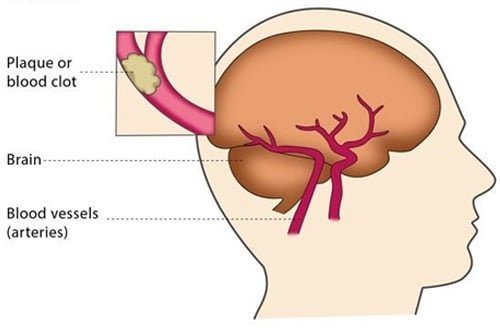Endovascular Treatment of Neurovascular Disorders
Endovascular therapy is a well-established treatment modality for a variety of cerebrovascular central nervous system disorders. The past few decades have witnessed dramatic improvements in the field of neuroendovascular surgery. These techniques are now used in the treatment of intracranial aneurysms, vascular malformations, carotid stenoses, intracranial vascular stenoses and acute ischemic stroke.
What is Endovascular Treatment of Neurovascular Disorders?
Neurovascular or cerebrovascular disease refers to all disorders in which an area of the brain is temporarily or permanently affected by bleeding or restricted blood flow. Restrictions in blood flow may occur from vessel narrowing (stenosis), clot formation (thrombosis), blockage (embolism), or blood vessel rupture (hemorrhage). Blood travels throughout your body via arteries and veins. Arteries are responsible for carrying oxygen-rich blood from the heart to the brain, kidneys, intestines, arms, and legs. Veins carry the blood back to the heart.
Endovascular surgery is a minimally-invasive procedure used to treat problems affecting the blood vessels, such as an aneurysm, which is a swelling or “ballooning” of the blood vessel. It requires a small incision and is performed “within” the artery (endovascular) through a catheter inserted into the blood stream at the groin and guided to the brain. Endovascular surgery results in less pain, shorter hospital stays and less risk of complication than traditional open surgery. Endovascular surgery includes coiling, stenting, angioplasty, and embolization.

About Endovascular Veins Treatment
Know more about Endovascular Treatment so you can handle it with better care.
Never ignore the following neurovascular disorders symptoms:
- Pain in any part of the body
- Difficulties with Memory
- Numbness or muscle weakness on one side of the body
- Sleep Issues
- Partial or complete loss of vision
Factors that increase the risk of neurovascular disorders include:
- Hypertension
- Smoking
- Obesity
- Poor diet, and lack of exercise
- Diabetes
Causes of neurovascular disorders are:
- Personal or family history of heart disease
- Diabetes
- High cholesterol
- Smoking
Following treatments can be considered for neurovascular disorders:
- Medications
- Surgery, such as carotid angioplasty and stenting or carotid endarterectomy
- Endovascular procedures
- Microsurgical clipping
What People Say About Us
We have treated many patients in last more than two decades, here are some sharing their experience with us.



4.8/5
200+ Reviews
4.7/5
150+ Reviews
Get One Step Ahead Of Disease
With Dr. Jathin’s expertise of treating varied varicose veins, you can stay one step ahead of the disease.








